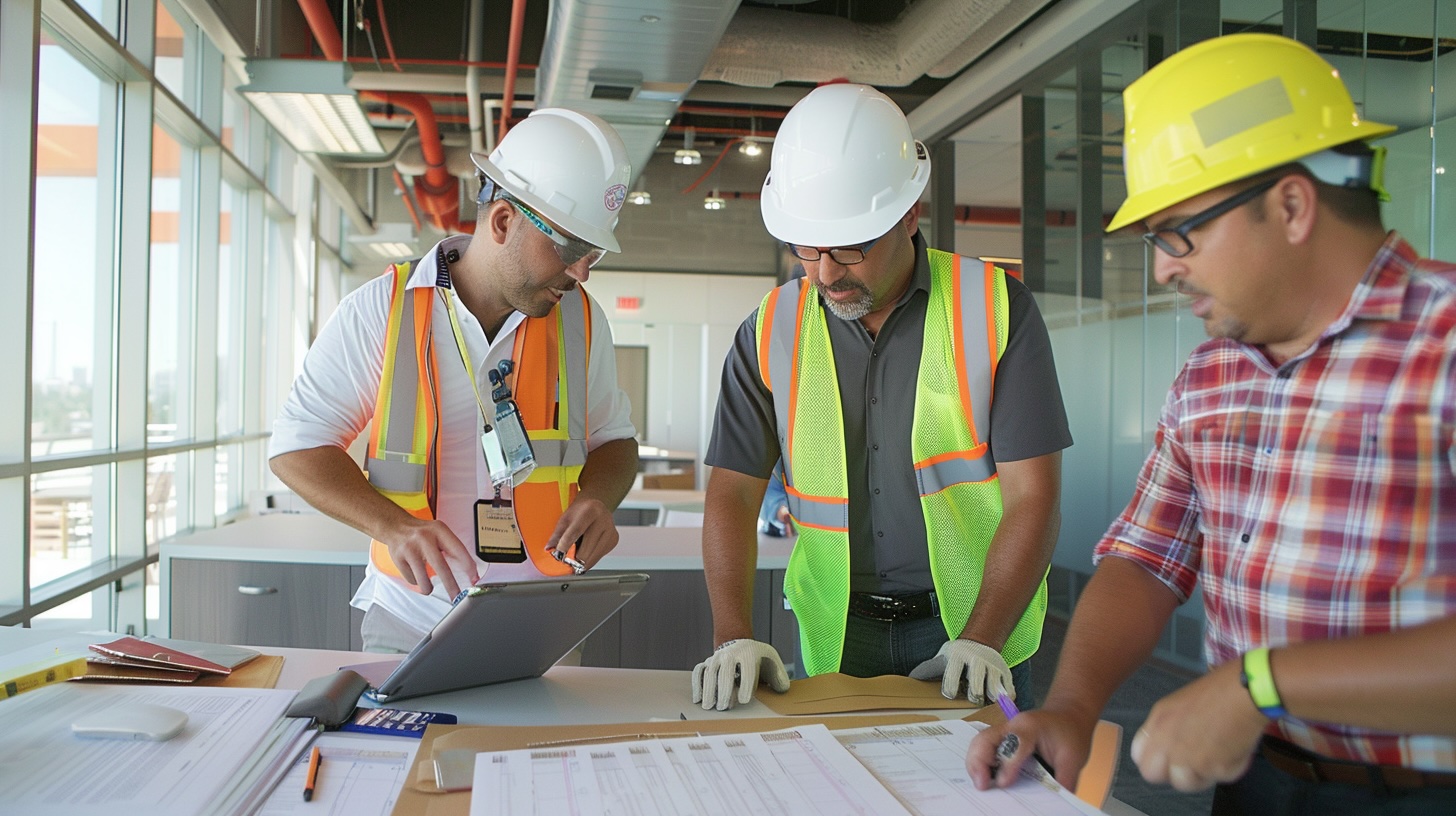Preventing The Devastating Impact of Scope Creep in Construction
The construction industry is constantly challenged by factors such as tight deadlines, budget constraints, and complex regulatory environments. Among...
2 min read
Jerad Ferrell
:
Apr 26, 2023 11:54:08 AM

Every proficient builder knows that effective contract management ensures that all parties involved in the project are on the same page, understand their roles and responsibilities, and work towards the same goal. In this blog post, we will discuss six strategies for effective contract management for a general contractor in construction.
Develop a Comprehensive Contract: The first step towards effective contract management is to develop a comprehensive contract that outlines all the details of the project, including scope, timelines, budget, and deliverables. The contract should also clearly state the roles and responsibilities of all parties involved, including the owner, general contractor, subcontractors, and vendors. A comprehensive contract ensures that everyone is on the same page and helps prevent misunderstandings or disputes.
Good communication is key to effective contract management. General contractors should establish clear lines of communication with all parties involved in the project and ensure that everyone is kept up-to-date on project progress, changes, and issues. Communication should be timely, clear, and professional to avoid misunderstandings and conflicts.
It is essential to monitor the performance of all parties involved in the project regularly. This includes monitoring the progress of the project, quality of work, and adherence to timelines and budgets. By monitoring performance, general contractors can identify potential issues early and take corrective action to prevent them from becoming bigger problems later on.
Issues and conflicts are bound to arise during a construction project. The key to effective contract management is to address these issues promptly and professionally. When issues arise, the general contractor should work with all parties involved to find a resolution that is fair and reasonable for everyone. Delaying or avoiding addressing issues can lead to bigger problems and even legal disputes.
Technology can help streamline the contract management process and make it more efficient. General contractors can use software programs to track project progress, monitor budgets, and communicate with all parties involved in the project. Using technology can also help reduce errors and ensure that everyone is working with the most up-to-date information.
Documentation is crucial in effective contract management. General contractors should document all communication, changes, and issues that arise during the project. This documentation can be used to protect all parties involved in the project in case of disputes or legal action. It can also help to prevent misunderstandings and ensure that everyone is working towards the same goal.
Effective contract management is essential for the success of a construction project. By following these six strategies, general contractors can ensure that all parties involved in the project are on the same page, understand their roles and responsibilities, and work towards the same goal. Developing a comprehensive contract, maintaining good communication, monitoring performance, addressing issues promptly, using technology, and documenting everything are all key to effective contract management in construction.

The construction industry is constantly challenged by factors such as tight deadlines, budget constraints, and complex regulatory environments. Among...

Navigating the complex field of construction involves managing a myriad of risks. From financial and operational challenges to safety concerns, risk...

The construction industry is no stranger to the intricacies and complexities of contract management. With multiple stakeholders, ever-changing...